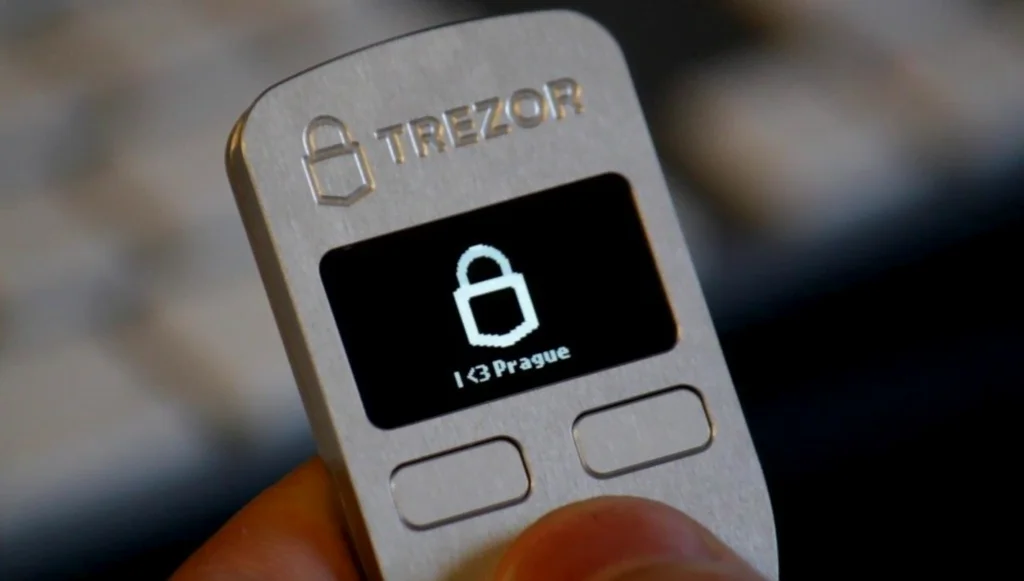Hardware wallet maker Trezor wants to start manufacturing its own wallet silicon chips, for use in its hardware wallet devices.

On February 27, Trezor formally stated that it would begin facilitating the production of its own crucial part, the chip wrapper, for use in its flagship device, the Trezor Model T.
The action intends to drastically improve the manufacturing of Trezor wallets, cutting lead times in the supply cycle from two years to a few months.
According to Trezor, the optimization would also rid shipping hold-ups for completed goods and shield customers from price swings caused by changes in component supply and demand.
As was previously said, after the FTX crash in November 2022, investors hurried to take their crypto holdings out of centralized crypto exchanges, driving up demand for Trezor wallets by at least 300%.
Trezor was subject to third-party supply risks before it started making wallet chips because of things like geopolitical turmoil, labor shortages brought on by COVID-19, market conditions for cryptocurrencies, and other occurrences.
Trezor has gained the ability to react fast to all of these factors and always meet demand by seizing control of the supply of wallet chips.
We were able to make the manufacture as agile as possible by deconstructing the process, identifying places where we could exert control, and working creatively with our partner STMicroelectronics, according to chief financial officer tpán Uherik.
Future Trezor products will have more creative freedom thanks to the new business model, which also permits hardware wallet manufacturers to create their own products from scratch.
The announcement comes a year after Tropic Square, a startup run by Satoshi Labs, the company that owns Trezor, unveiled the TROPIC01, a new open-source chip.
The chip allows for the production of cryptographic keys, encryption, signature, and user authentication using digital identification techniques. According to rumors, Tropic Square was expecting Trezor to be the first user of the product.
“The chosen business model is extremely distinctive and suitable for use in extraordinary circumstances. First off, we have high minimum order numbers as a manufacturer, and secondly, the customer needs to have specialized knowledge to encapsulate semiconductor components, according to Tomá Pokorn, sales manager at STMicroelectronics.
Trezor first declared intentions to take charge of wallet chip production in partnership with Tropic Square in May 2020, citing a variety of justifications, including pricey government certification of semiconductor vendors.
State certification regulations “preclude the usage of independent firms and open-source projects in professional domains,” according to Trezor.
